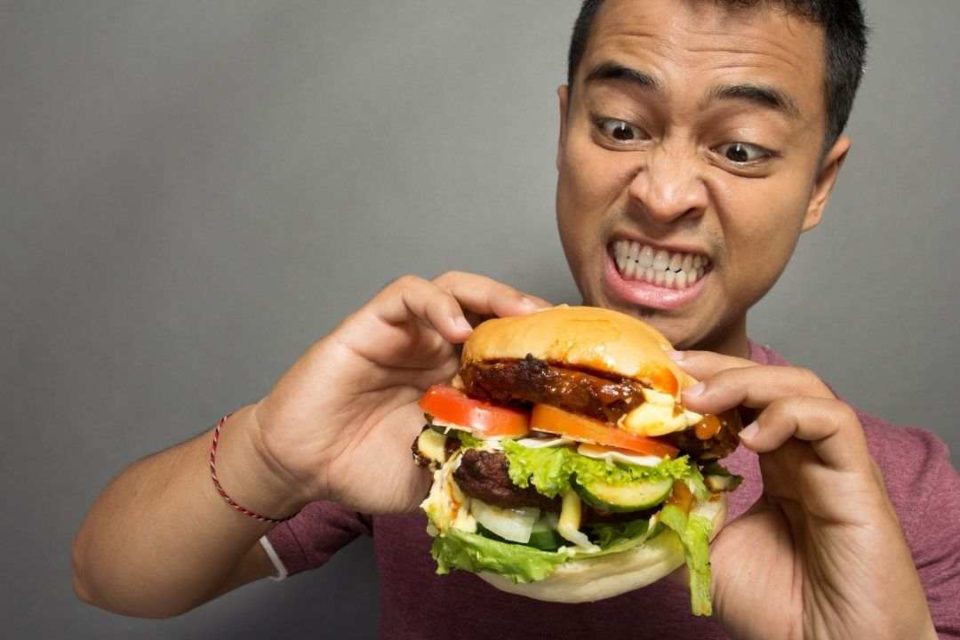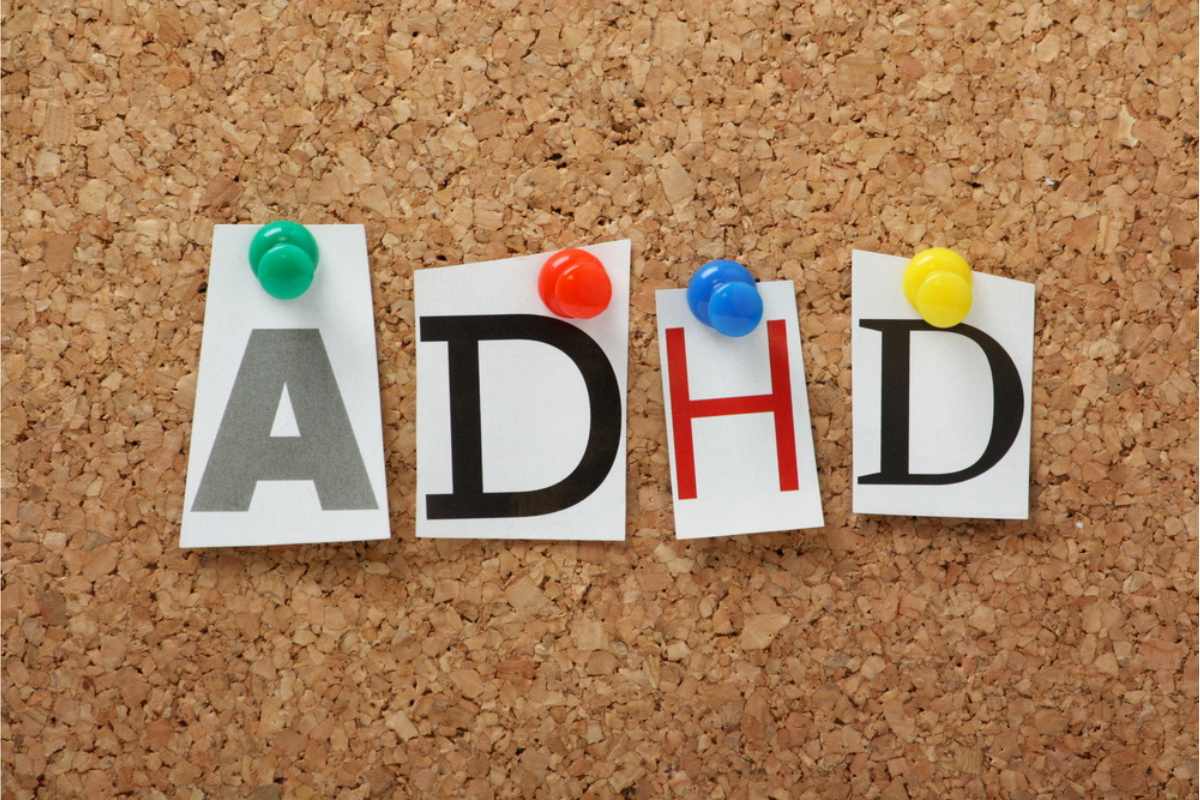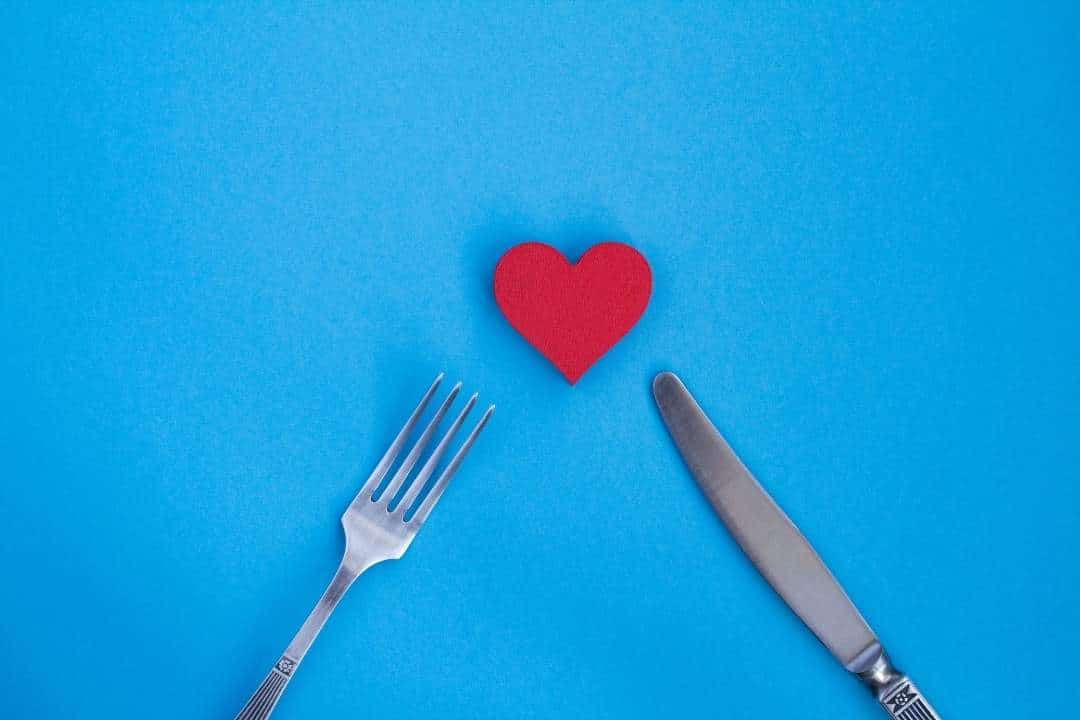April 1, 2019
Adult ADHD and Overeating: What’s the Connection?
Written by Rachel Eddins
Posted in ADHD/Autism and with tags: ADHD, Overeating, binge eating, disordered eating, eating disorders

Check your news feed. Scan the headlines. Listen to any health-related conversation. Chances are you’ll hear references to attention-deficit/hyperactivity disorder (or ADHD). Another common topic of discussion is weight gain — along with intertwined issues like obesity. ADHD and overeating are, of course, two dangerous and growing public health concerns. For most people, however, they are not automatically linked. What if I told you a connection exists?
Overeating Defined
We all have moments when we go too far in terms of food consumption. People with binge eating disorders, however, almost mindlessly ingest extremely large qualities of food in a very short time period. Almost immediately, they feel guilt and shame. There is a compulsive, emotional component to such binging — rarely connected with actual hunger or meal preferences.
When this type of behavior becomes a chronic cycle, it’s time to seek help.
ADHD Clarified
Thanks to pop culture, many of us throw around terms like attention-deficit or hyperactive in casual usage. In reality, ADHD is a serious, diagnosable, and common condition. Adults and children with ADHD display symptoms like:
- An inability to keep focused
- Impulsive behaviors
- Hyperactive movements, especially those that do not fit a given situation
Again, each of us can have discrete episodes of one of these symptoms. ADHD is an ongoing condition that impacts daily functioning.
What’s the Connection Between ADHD and Overeating?
By now, you may be recognizing some of the intersections. But here’s a little-known fact: People with ADHD are five times more likely to be clinically obese. There are countless factors involved here but four basic categories are:
Dopamine Seeking Brain
ADHD brains are wired to seek dopamine (the pleasure center of the brain) due to their deficiency in dopamine production. Carbs trigger the dopamine release in the brain and processed foods are chemically designed to maximize the stimulation of dopamine to ensure “you can’t stop at just one.” This makes it especially difficult for many people to resist, especially the ADHD brain. Dopamine is also required to regulate attention so people with ADHD may seek foods that stimulate dopamine production after a period of focusing or working on tasks.
Impulsivity
This is a hallmark of both ADHD and binge eating disorder. You act first, and ask questions later. That makes the combination of ADHD and overeating particularly daunting. Urges happen and are acted upon automatically outside of awareness.
Boredom, Restlessness and Stimulation Seeking
Restlessness represents the hyperactivity piece of ADHD. Boredom and restlessness are common triggers for “hunger”. Eating may be a more acceptable or available way to cope with restlessness, particularly in women.
Planning Issues
People with ADHD may view “plan” as yet another four-letter word. Since executive functioning is not their strong point, they fall back on foods and prepared/processed meals that require little or no advance planning. Such choices may be high in calories and low in nutrition or simply unbalanced. The lack of effort required also makes it far easier to eat far more than necessary. Alternatively, people with ADHD may get so hyper focused on something they “forget” to eat, resulting in an insatiable appetite and overeating later.
5 Ways to Deal with ADHD and Overeating
1. Practice Basic Self-Care
Regular sleep patterns, daily exercise, and stress management go a long way in creating new, healthier patterns. People with ADHD can often get caught up in “doing one more thing” or falling behind and staying up late to finish things. This leads to lack of overwhelm and lack of sleep. Prioritize sleep! Sleep provides fuel for the executive function of the brain, decreases impulsivity and combats stress resulting from fatigue. Exercise can provide the stimulation the ADHD brain seeks resulting in increased energy, focus and attention. Mindfulness skills can help decrease impulsivity.
2. Have a Meal Strategy
If left to chance, eating becomes the path of least resistance. This is a recipe for eating too fast and too much. Start with making a weekly/daily plan and go from there. Prepare your foods in advance so you have healthy choices available when hunger strikes. Ideally, set aside a day of the week to prepare foods in large quantities that can be stored for the week or kept in the freezer for later. This way, when it’s suddenly lunchtime and you’re hungry, you’ll have something quick and ready to go.
3. Identify Your Trigger Foods
Keep a journal or phone log of meals, foods and time of day that most often result in binging. Executive functioning is often fatigued in the afternoon or evening. You might notice a pattern of needing a break/distraction when you are bored or restless. Or craving foods that stimulate the pleasure center of the brain. Put the power back into your own hands.
4. Learn to Eat Consistently
Eat small, healthy meals throughout the day to maintain balanced hunger/fullness levels and ongoing stimulation and dopamine levels (needed for focusing). This can prevent sugar seeking after a prolonged period of concentration or focusing. Keep blood sugar levels balanced and steady throughout the day by balancing carbs with protein at each snack/meal. This can decrease impulsive cravings and the odds of sudden, emotional binging.
5. Develop New Shopping Habits
Never shop when you’re hungry, of course. Make a list and stick to it. If possible, bring a friend or family member along to encourage you to make balanced choices or offer suggestions of quick, easy to prepare snacks and meals. You may even consult with a dietitian to identify quick and portable healthy snacks. Create some consistency around when you shop so that it becomes an automatic part of your routine and not something you have to “plan”.
How to Move Towards Recovery
Where do you find someone to help? Who understands the complex web of connections between ADHD and overeating? The good news is that there are counselors available with vast experience in such issues.
ADHD and overeating may each make you feel stuck. Working with a therapist will help you recognize your strength and identify practical strategies to help you cope with each. You will engage in invaluable self-examination and identify patterns that may work against you. The process is challenging but deeply satisfying. There is so much power in understanding what is truly going on internally both physically and emotionally. From there, you and your therapist will chart a course for recovery and discovery. At Eddins Counseling Group, in Houston, TX, we have several therapists that specialize in ADHD and binge eating disorder. Give us a call at 832-559-2622 or book an appointment online.
Grounding & Self Soothing
Get instant access to your free ebook.



















